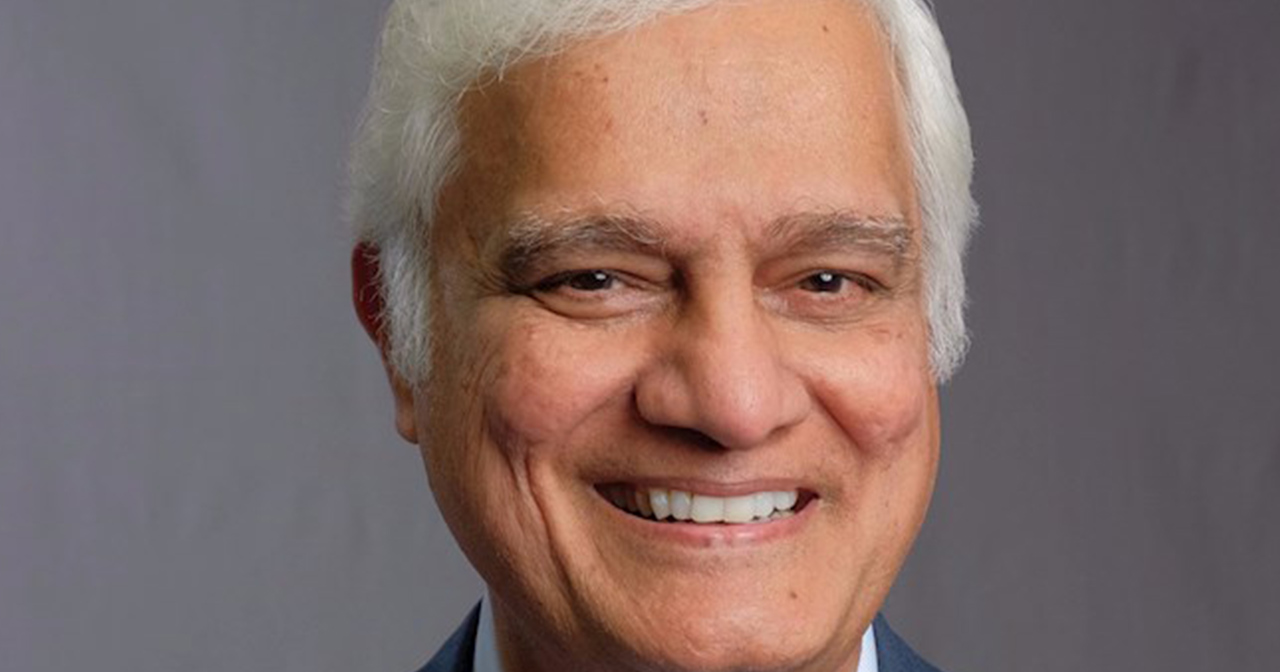I interviewed Ravi Zacharias on radio in October of 1997. He could not have been more gracious. My show ran from 5-6 pm on Saturdays. I always called my guests a few hours before to make sure they were ready to go. When I called him, he sounded horrible. His obvious cold was getting the better of him. I told him we could cancel and rebook the interview. He would not hear of it and said it would be “a privilege to be interviewed.” I have been around many Christian leaders. Not all would be so accommodating.
Login to read more
Sign in or create a free account to access Subscriber-only content.
